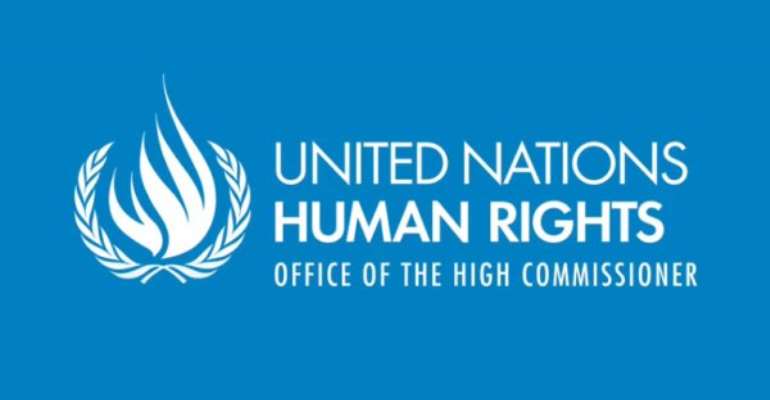Côte d'Ivoire – Durable, human rights-based solutions and security essential to resolve internal displacement – UN expert

GENEVA, Switzerland, July 31, 2012/African Press Organization (APO)/ -- Internally displaced people in Côte d'Ivoire need durable solutions, including livelihood opportunities and confidence in their security, in order to be able to sustainably rebuild their lives, the Special Rapporteur on the Human Rights of Internally Displaced Persons said at the end of a nine-day visit to the country.
Chaloka Beyani, who was on official mission to Côte d'Ivoire from 23 to 31 July, said that while the Government had made commendable progress towards reestablishing law and order in the country and helping internally displaced persons (IDPs) return to their homes, there was a critical need for them to receive continued assistance and protection, including through livelihood opportunities. The number of IDPs in Côte d'Ivoire was estimated at 1 million at the height of the post-election crisis in March 2011. Some IDPs, displaced in 2002, were displaced again in 2011.
“The needs of IDPs as well as those of their host or return communities continue to be dire,” Mr. Beyani said. “Many IDPs have returned to their areas of origin or have been locally integrated in host communities which are themselves struggling and have few, if any, resources to receive and assist them. In other situations, IDPs have resorted to living in precarious informal urban settlement areas, including in Abidjan, where they may be subject to eviction.”
“It is critical that they be supported in rebuilding their lives, finding sustainable solutions in their places of return, local integration or resettlement, and participating in the reconciliation process and in other key processes and reforms which will have an impact on their lives and consolidate peace,” he said.
He stressed that it is important for the Government, at this juncture in the country's history to adopt a principled, transparent and action-oriented approach to key reforms and processes which will safeguard the human rights of all persons, including communities affected by displacement. This should include assistance to meet the special needs of particularly vulnerable IDPs, such as single female households, the elderly and disabled, and separated children, as well as other IDPs who have not found a lasting solution.
Mr. Beyani added that, particularly in the west of the country, IDPs remain deeply concerned by their security situation.
“Some communities that were affected by displacement, and some returnees, continue to hide in the forest at night due to fears of attacks,” he said. “It is critical that the ongoing security sector reforms, measures to strengthen the justice system and rule of law, and the disarmament and demobilisation process be fully set in place as a matter of priority. This is essential in order to ensure the sustainability of returns, to restore confidence in the security and law enforcement structures in society, and to stem human rights violations.”
During his mission to the country, Mr. Beyani also visited the Nahibly camp and expressed hope that ongoing investigations would shed light on the recent violence there, and that relevant authorities would address the situation appropriately.
He welcomed Government statements expressing willingness to fight impunity and to ensure accountability through both judicial and non-judicial mechanisms such as the Dialogue, Truth and Reconciliation Commission, which are necessary to establish conditions conducive to effective solutions for IDPs.
The Special Rapporteur called on the international community to continue supporting humanitarian, development, peace-building and Government reforms in key sectors, as well as mechanisms to promote the meaningful participation of displacement affected communities, including vulnerable persons and women, in such programs.
The Special Rapporteur will present his full report on the visit to Cote d'Ivoire to the Human Rights Council in March 2013.
To read the full end-of-mission statement, please visit:
In French: http://www.ohchr.org/FR/NewsEvents/Pages/DisplayNews.aspx?NewsID=12399&LangID=F
In English: http://www.ohchr.org/EN/NewsEvents/Pages/DisplayNews.aspx?NewsID=12399&LangID=E
